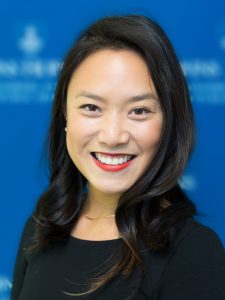 Yeeli Mui is a scholar of public health and urban planning. Dr. Mui’s research, teaching, and practice are driven by a focus to advance health equity through the lens of planning for food systems and community development. Using mixed-methods, she has examined inequities in urban food systems, policies and programs to mitigate obesity risk, and the impact of housing restoration on social capital and mental health outcomes.
Yeeli Mui is a scholar of public health and urban planning. Dr. Mui’s research, teaching, and practice are driven by a focus to advance health equity through the lens of planning for food systems and community development. Using mixed-methods, she has examined inequities in urban food systems, policies and programs to mitigate obesity risk, and the impact of housing restoration on social capital and mental health outcomes.
As part of a multi-country project in the Global South, Dr. Mui leads an interdisciplinary research team to examine how smallholder farmers’ adaptations – in the face of urbanization, globalization of food, and climate change – impact farmer food security and health in Kerala, India. In the US context, Dr. Mui directs a study that aims to strengthen linkages between neighborhood revitalization efforts and community health through more place- and health-conscious strategies in Baltimore, MD.
Email: yeelimui@buffalo.edu
Affiliations: Community of Excellence in Global Health Equity
Education
PhD, Johns Hopkins Bloomberg School of Public Health
MPH, Yale School of Public Health
BS, University of California, Irvine
Select Publications
Mui Y, Ballard E, Lopatin E, Thornton RLJ, Pollack Porter K, Gittelsohn J. A community-based system dynamics approach suggests solutions for improving healthy food access in a low-income urban environment. PLoS ONE. 2019;14(5).
Mui Y, Hodgson K, Khojasteh M, Raja S. Rejoining the planning and public health fields: Leveraging comprehensive plans to strengthen food systems in an urban versus rural jurisdiction. Journal of Agriculture, Food Systems, and Community Development. 2018; 8(B):73-93.
Mui Y, Sirwatka A, Kumar R, Resor J, Goldberg D, Shulpani U, Radhakrishnan S, Raja S. Growing our food but nutrition insecure: Adaptations in the daily living practices of smallholder farmers in Kerala, India (under review).
See all publications by Yeeli Mui
Select Honors and Awards
Sylvia and Eddie C. Brown Community Health Scholarship, Johns Hopkins Bloomberg School of Public Health, 2012-17
11th Annual Postdoctoral Research Symposium (1st Place), 2019
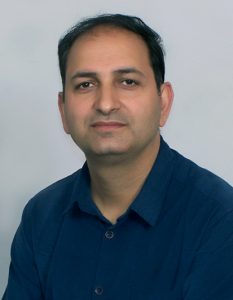 Athar Parvaiz is an award-winning researcher and writer based in Kashmir in the Himalayan region of South Asia. Mr. Parvaiz’s prolific writings illuminate environmental, health and agricultural challenges in the Global South with a special focus on the Himalayan region in South Asia. He has written about the ways in which the Himalayan region is adapting to changes posed by climate change.
Athar Parvaiz is an award-winning researcher and writer based in Kashmir in the Himalayan region of South Asia. Mr. Parvaiz’s prolific writings illuminate environmental, health and agricultural challenges in the Global South with a special focus on the Himalayan region in South Asia. He has written about the ways in which the Himalayan region is adapting to changes posed by climate change.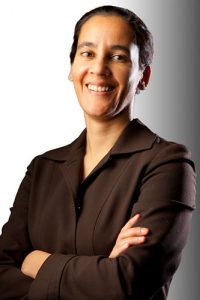 Dr. Samina Raja is the Principal Investigator of the Food Systems Planning and Healthy Communities Lab in the Department of Urban and Regional Planning at the University at Buffalo, The State University of New York.
Dr. Samina Raja is the Principal Investigator of the Food Systems Planning and Healthy Communities Lab in the Department of Urban and Regional Planning at the University at Buffalo, The State University of New York.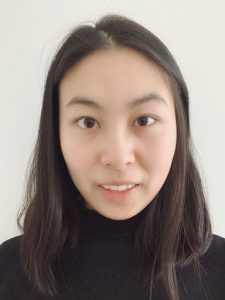
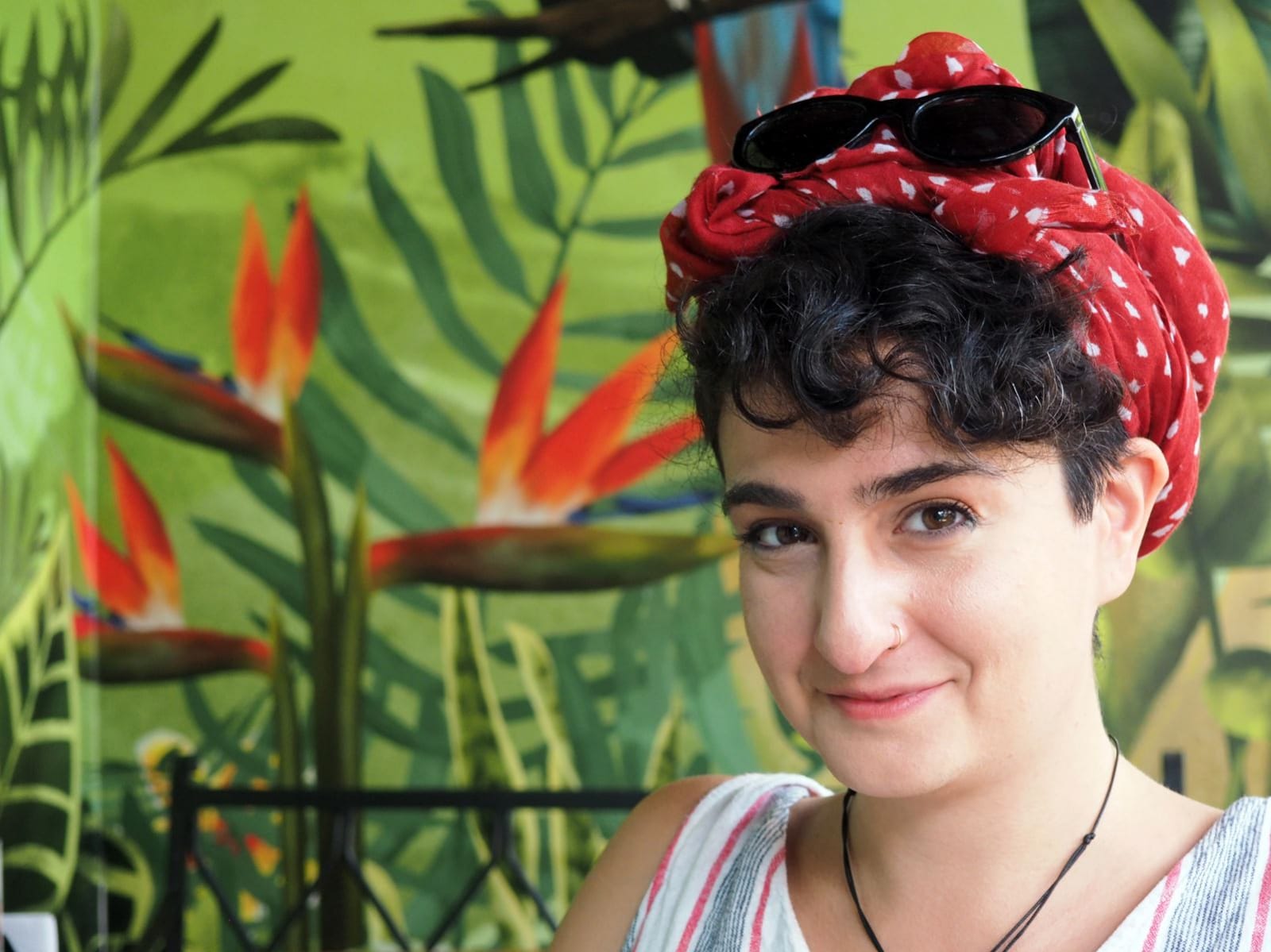 Micaela F. Lipman is a PhD candidate in the Department of Urban and Regional Planning at the University at Buffalo. Lipman’s work draws on queer crip and anti-adultist theoretical frameworks to (re)imagine systems of inclusion/exclusion within urban and regional planning, and more specifically within food system planning. Lipman views food as connective tissue across communities and uses the food system as a lens through which to examine equity. As a disabled scholar, Lipman is especially interested in unraveling how chronic illness is experienced via food system entanglements. Lipman enjoys teaching at the University at Buffalo and unpacking the ethics of engaging with local communities in planning studies. Lipman has worked in academia and the nonprofit sector for over ten years exploring creative solutions at the nexus of adolescent development, food policy, disability justice, and community engagement. Prior to the University at Buffalo, Lipman graduated from Cornell University with a BA in Development Sociology with minors in International Development and Applied Economics.
Micaela F. Lipman is a PhD candidate in the Department of Urban and Regional Planning at the University at Buffalo. Lipman’s work draws on queer crip and anti-adultist theoretical frameworks to (re)imagine systems of inclusion/exclusion within urban and regional planning, and more specifically within food system planning. Lipman views food as connective tissue across communities and uses the food system as a lens through which to examine equity. As a disabled scholar, Lipman is especially interested in unraveling how chronic illness is experienced via food system entanglements. Lipman enjoys teaching at the University at Buffalo and unpacking the ethics of engaging with local communities in planning studies. Lipman has worked in academia and the nonprofit sector for over ten years exploring creative solutions at the nexus of adolescent development, food policy, disability justice, and community engagement. Prior to the University at Buffalo, Lipman graduated from Cornell University with a BA in Development Sociology with minors in International Development and Applied Economics. Dr. Alexandra Judelsohn pursues community-based research at the intersection of urban planning, public health, and environmental studies, centering the voices of community members. Her interests are around how cities facing austerity urbanism market themselves to potential residents, and her current research examines the role of refugee-led community organizations in U.S. refugee resettlement and the gaps these organizations fill in delivering services.
Dr. Alexandra Judelsohn pursues community-based research at the intersection of urban planning, public health, and environmental studies, centering the voices of community members. Her interests are around how cities facing austerity urbanism market themselves to potential residents, and her current research examines the role of refugee-led community organizations in U.S. refugee resettlement and the gaps these organizations fill in delivering services.